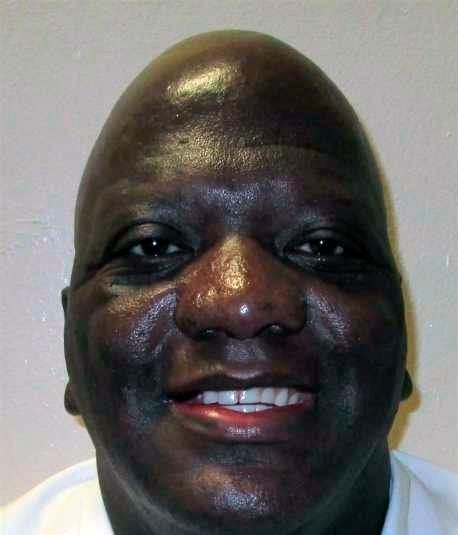Alabama sets new execution date for inmate for 1991 murder
Alabama has rescheduled the execution of an Alabama inmate who had his lethal injection called off in February when the U.S. Supreme Court sided with his request to have his personal pastor with him in the death chamber

Your support helps us to tell the story
From reproductive rights to climate change to Big Tech, The Independent is on the ground when the story is developing. Whether it's investigating the financials of Elon Musk's pro-Trump PAC or producing our latest documentary, 'The A Word', which shines a light on the American women fighting for reproductive rights, we know how important it is to parse out the facts from the messaging.
At such a critical moment in US history, we need reporters on the ground. Your donation allows us to keep sending journalists to speak to both sides of the story.
The Independent is trusted by Americans across the entire political spectrum. And unlike many other quality news outlets, we choose not to lock Americans out of our reporting and analysis with paywalls. We believe quality journalism should be available to everyone, paid for by those who can afford it.
Your support makes all the difference.Alabama has rescheduled the execution of a state inmate who had a lethal injection called off in February when the U.S. Supreme Court sided with his request to have his personal pastor with him in the death chamber.
The Alabama Supreme Court set an Oct. 21 execution date for 51-year-old Willie B. Smith III, who was convicted of the 1991 kidnapping and murder of 22-year-old Sharma Ruth Johnson in Birmingham
In February, the state called off Smith's execution on the night he was to have been put to death. The decision came after the U.S. Supreme Court maintained a lower court injunction, saying he could not be executed without his personal spiritual advisor present in the room with him. The state at the time maintained only prison staff would be allowed in the room.
Alabama officials wrote in a court filing that the state recognized "its policy restricting access to the execution chamber to institutional chaplains was unlikely to survive further litigation" and “reached an agreement with Smith to allow his spiritual advisor to minister to him in the chamber.” The Alabama Department of Corrections did not immediately respond to an email asking about the change in procedures.
Prosecutors said Smith abducted Johnson at gunpoint from an ATM stole $80 from her and then took her to a cemetery where he shot her in the back of the head. The victim was the sister of a police detective.
“The murder of Ms. Johnson, which was committed during the course of a robbery and kidnapping, was as brutal as they come, and there is no doubt that Smith committed those offenses,” lawyers with the attorney general’s office wrote in the request to set the execution date.
The Alabama Supreme Court set an October execution date for Smith even though a judge has scheduled a 2022 trial on claims related to his intellectual capacity.
His lawyers have argued the state failed to give Smith, who has an IQ below 75, required assistance under the Americans with Disabilities Act in filling out forms that affected the timing of his execution.
“We are disappointed that the attorney general asked for and the Alabama Supreme Court set a date for Mr. Smith’s execution despite the fact that a lawsuit he filed two years ago is progressing through discovery and is set for trial early next year," federal defender John Palombi wrote in an email.
Palombi added, “The state is attempting to moot this lawsuit out before his case can be heard. We will continue to fight against this premature attempt to execute Mr. Smith."
The Alabama attorney general’s office has disputed that Smith’s rights were violated.